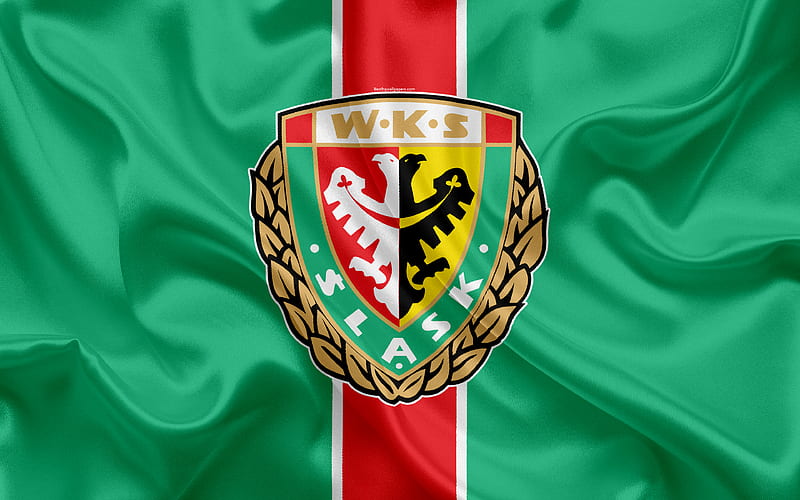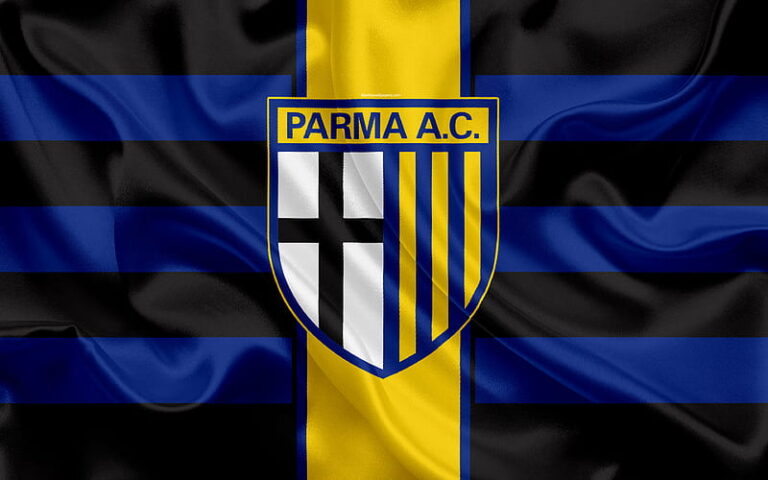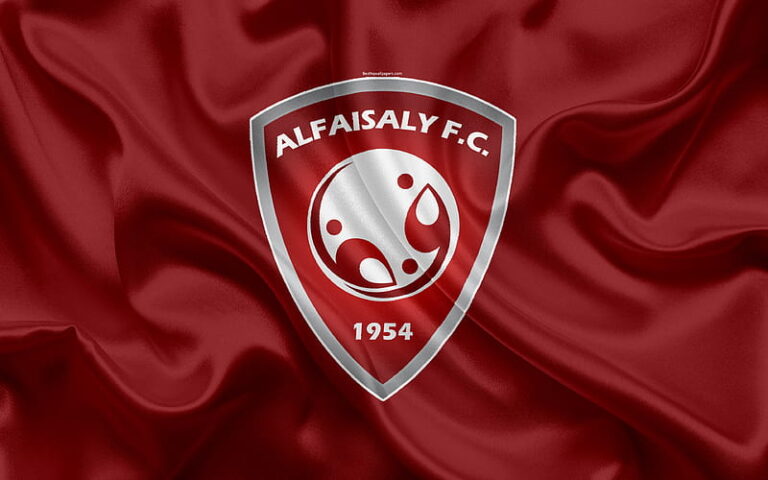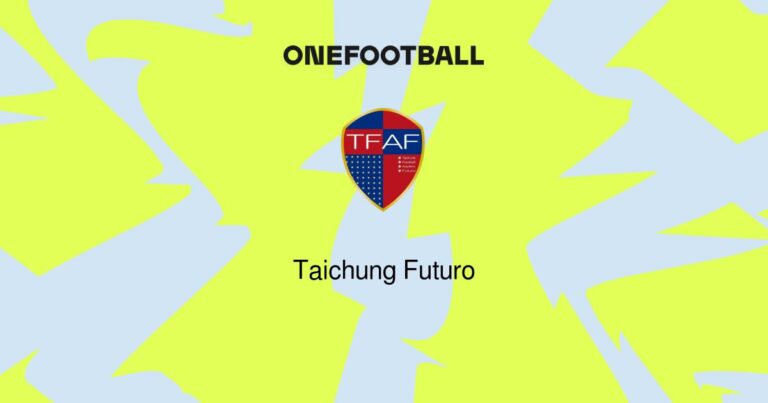
Poland Ekstraklasa FC
The Poland Ekstraklasa FC is the top professional football league in Poland, and it has earned a reputation for showcasing incredible talent, passionate fans, and intense competition. In this blog post, we will dive deep into the intricacies of the Ekstraklasa, exploring its history, structure, nhà cái 789win notable clubs, players, and much more.
History of the Poland Ekstraklasa FC
The Poland Ekstraklasa, which translates to “Extra Class,” was established in 1927 and has since become an integral part of Polish culture and identity. Its inception marked the beginning of organized football on a national level, allowing clubs from various regions of Poland to compete for supremacy.
The Early Years
In its early years, the Ekstraklasa faced numerous challenges, including political upheaval and the Second World War, which disrupted the league’s operations.
Football in Poland was initially influenced by neighboring countries, particularly Germany and Austria, leading to a blend of styles that characterized the league’s early matches. Teams such as Cracovia and Wisła Kraków emerged as dominant forces during this period, setting the stage for future rivalries that would capture the imagination of fans.
The league underwent several format changes throughout the decades, adjusting to the evolving landscape of Polish society and sport. These adaptations included shifting from a single round-robin format to a more complex system that allowed for playoffs and relegation, adding layers of excitement and unpredictability to the competition.
Post-War Revival
Following the war, the Ekstraklasa saw a renaissance in both popularity and quality. The communist regime invested in sports, fostering local talent and encouraging the growth of clubs. This era brought forth legendary players and memorable matches that helped solidify football’s place in Polish society.
As Poland transitioned into a market economy in the 1990s, the Ekstraklasa began to modernize. Increased investment in infrastructure, youth development programs, and international player recruitment significantly raised the standard of play in the league.
Modern Era Developments
Today, the Ekstraklasa is recognized as one of the most competitive leagues in Eastern Europe. It has attracted attention from scouts around the world, with many young talents getting the opportunity to showcase their skills on a larger stage.
Clubs have invested heavily in facilities, training, and fan engagement, contributing to the league’s growth and appeal. The introduction of television deals and sponsorship agreements has further enhanced the financial stability of many teams, ensuring that the Ekstraklasa remains an exciting destination for both players and fans alike Poland Ekstraklasa FC.


